

Control the End—Because You Can’t Control Anything Else
As a business shipping products worldwide, you face a growing challenge: your customers want clear guidance on how to dispose of products responsibly, yet the rules governing this process are anything but simple.
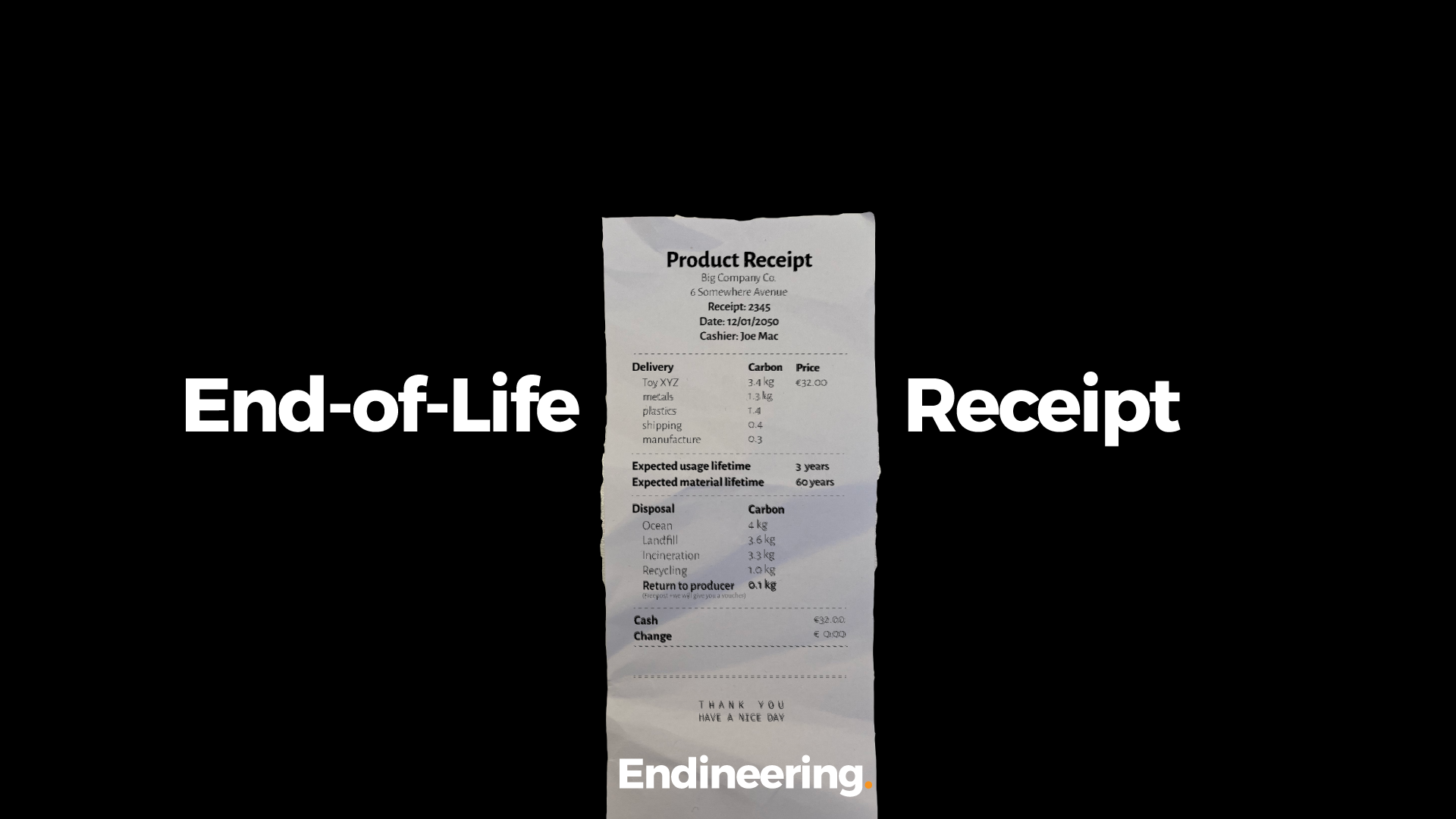
"Yes, I Would Like an End-of-Life Receipt, Please"
We’re already familiar with receipts marking the beginning of a transaction, confirming ownership or service access. But what about the end of a product’s lifecycle? Could a receipt offer evidence of responsible disposal or recycling?
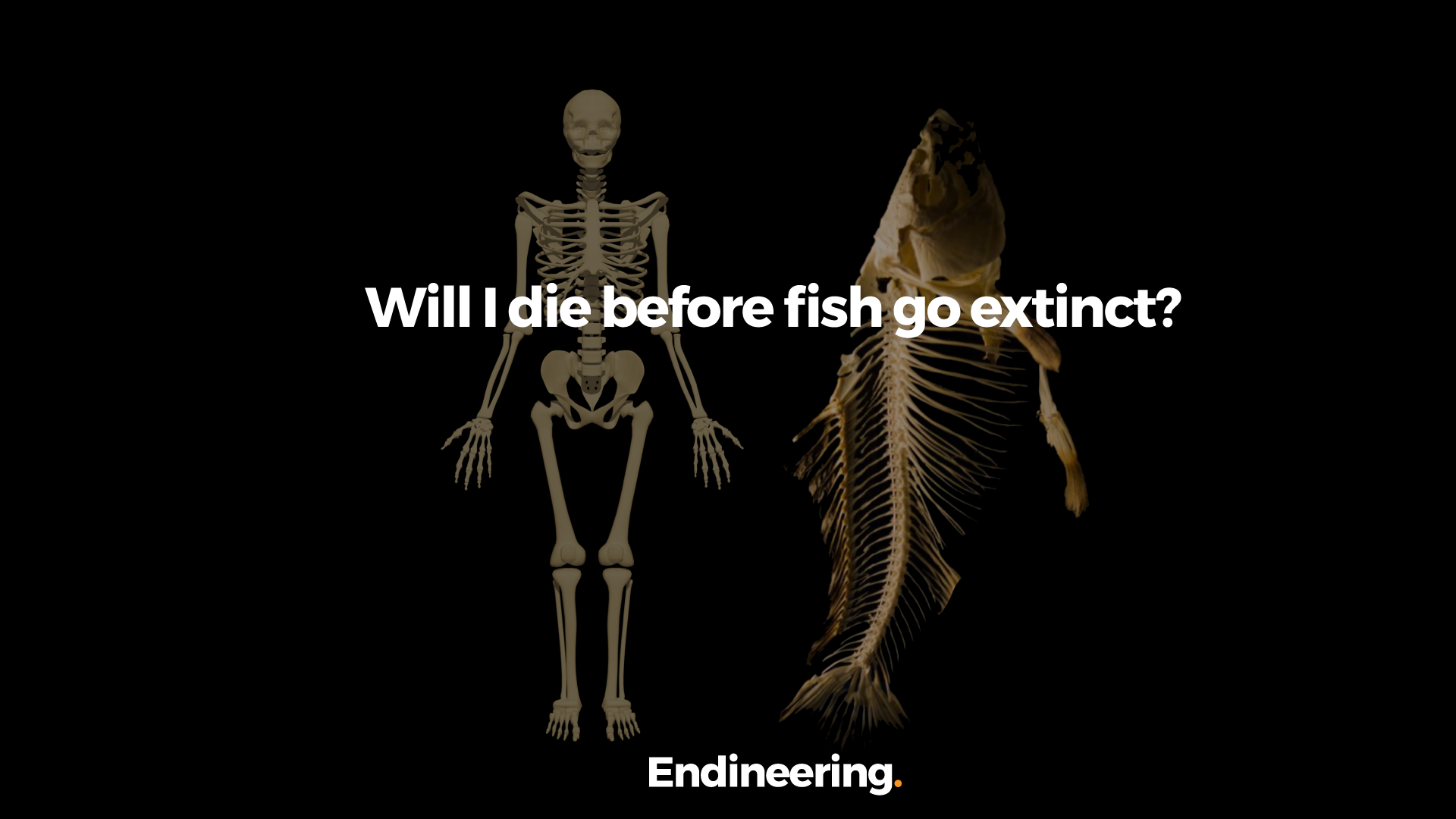
Will I Die Before Fish Go Extinct?
Will you outlive your parents? Probably. Will you outlive the global average lifespan (72 years)? Hopefully. I’m 52 now, aiming for at least another 20 years. But here’s the sobering thought: Will I outlive fish? The World Counts projects global fish stocks could collapse by…?

Longevity dates. How Long Will It Last?
How Long Will It Last? Product duration dates fail to acknowledge the last 100 years of marketing.
We need a measure with a consumer experience at the end.
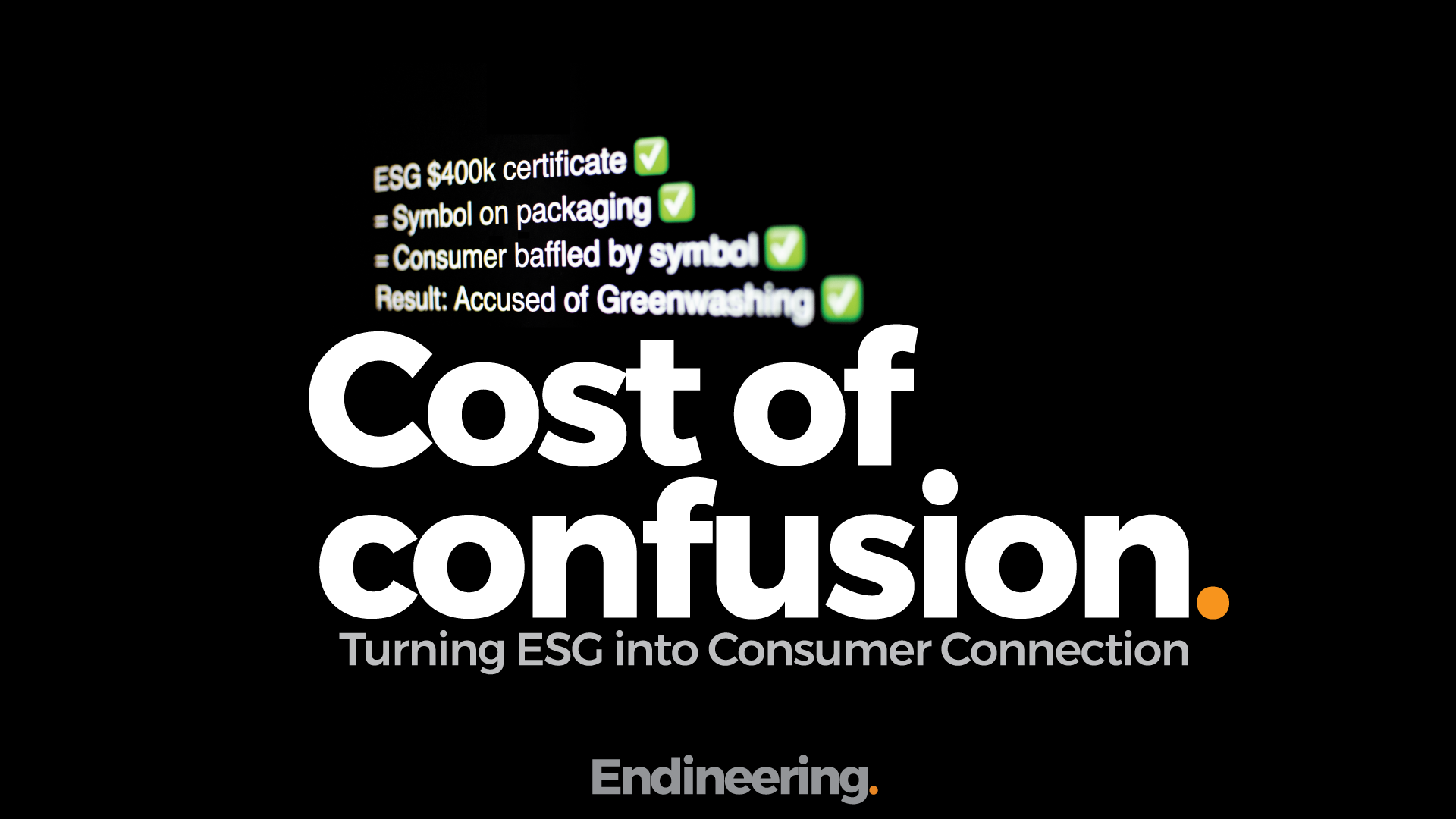
The ROI of Ends: Turning ESG into Consumer Connection
Companies are investing heavily in sustainability, often driven by compliance with environmental, social, and governance (ESG) standards. Publicly listed businesses spend between $220,000 and $480,000 annually on sustainability ratings1. Yet, despite this investment, many fail to communicate these efforts effectively to consumers, relying on symbols and data points that are poorly understood.
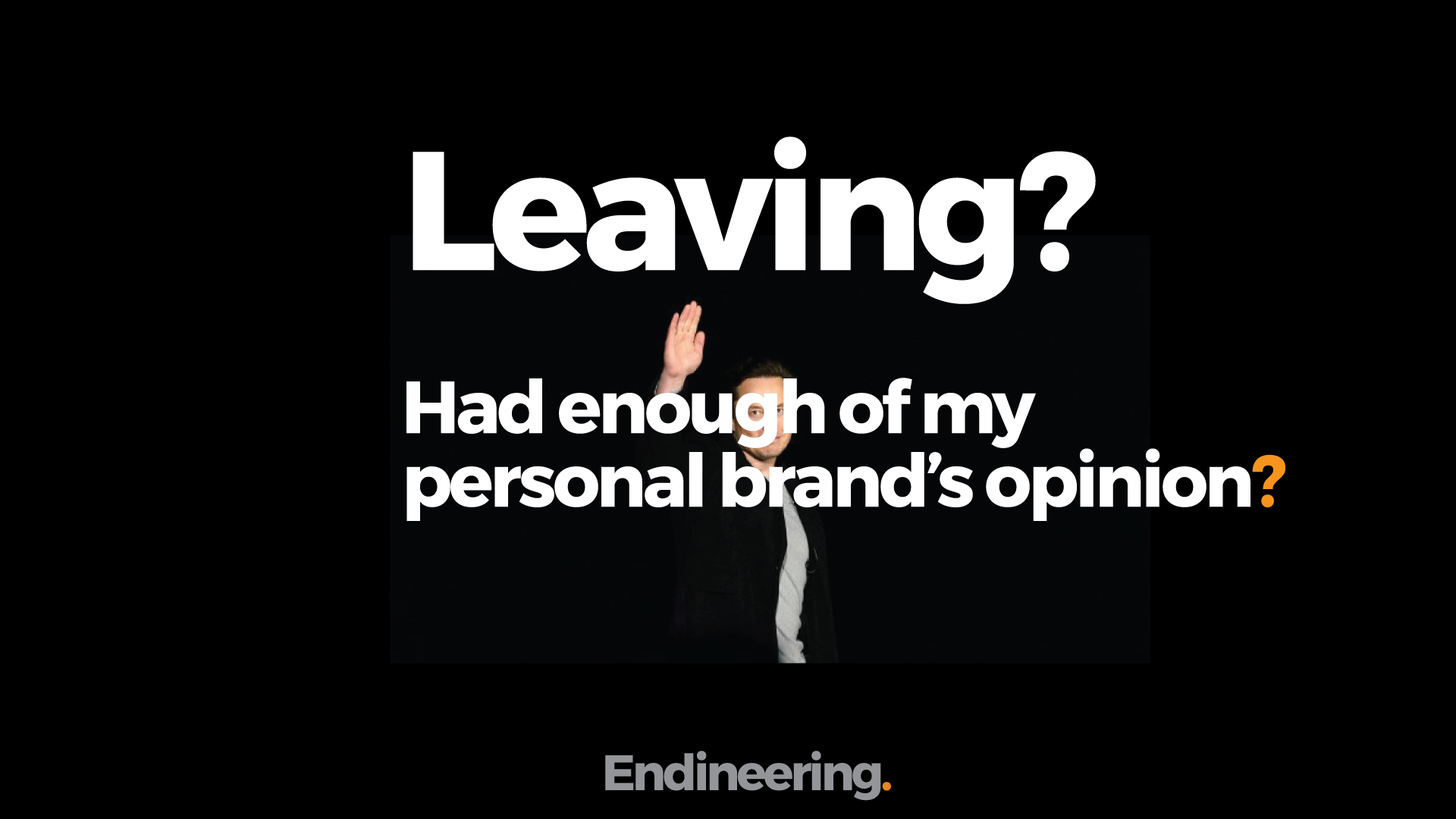
Leaving? Had enough of my personal brands opinion?
It’s not the first time a stupid statement has dissolved a business. And I am sure won’t be the last.
When consumer opinion is confronted with terrible behaviour, their loyalty can shift in a heartbeat. It is a unique kind of challenge: the Cultural Ending. This occurs when consumers’ cultural values, opinions, or tastes no longer align with the brand or product experience. Unlike traditional business challenges, cultural endings are nuanced and unpredictable, making them one of the most complicated and difficult types of endings to design and mitigate.

Trapped in a Holiday: A Cautionary Tale of Bad Endings
Embarking on a new relationship with a brand or product should ideally be an exciting venture, filled with potential and promise. However, what happens when the whispers you hear about these products are laden with tales of regret and entrapment?
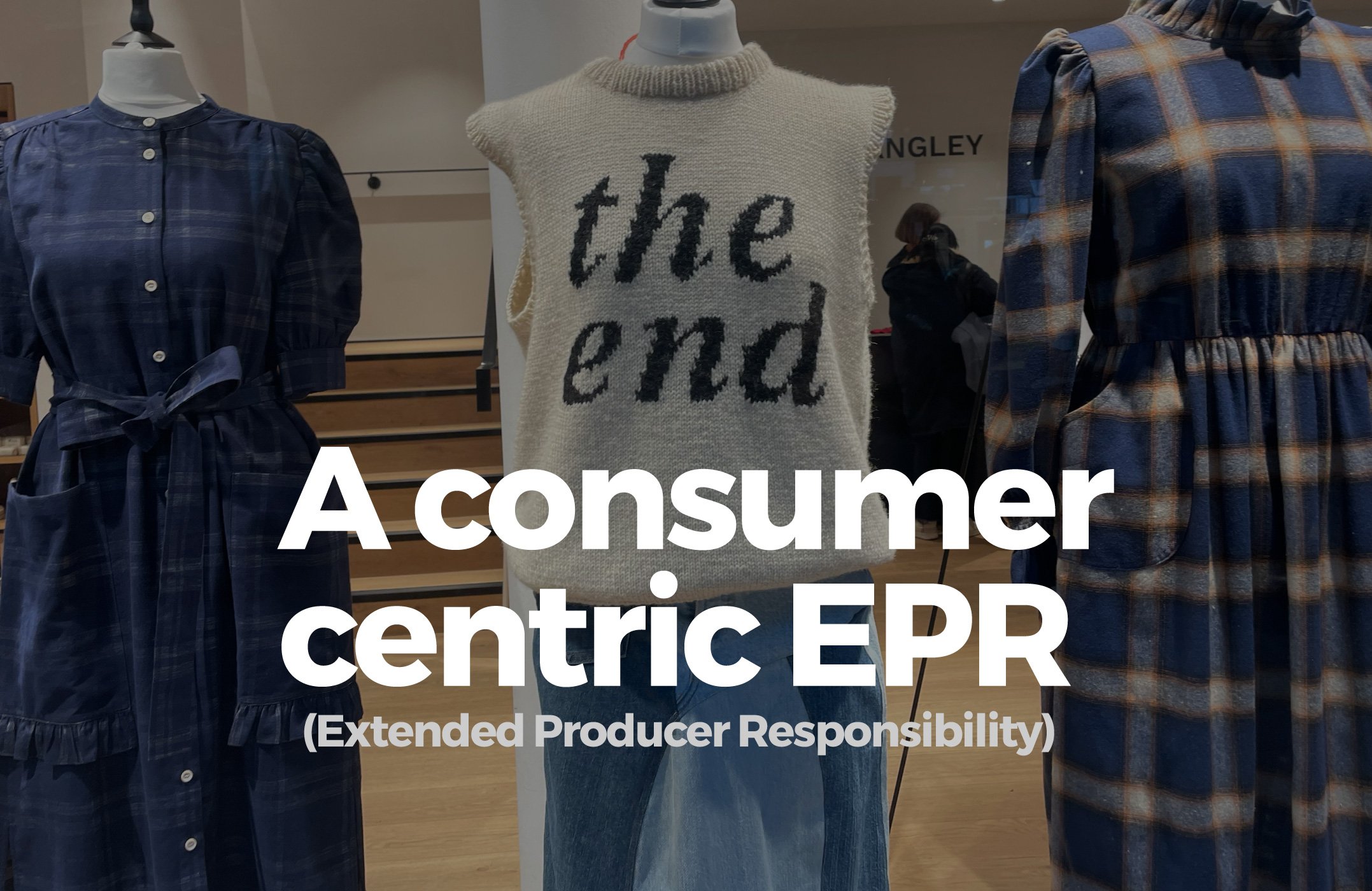
Extended Producer Responsibility: A Consumer-Centric Approach
Extended Producer Responsibility (EPR) is gaining momentum, aiming to shift the burden of waste management from society and the environment back to producers. As this movement gains traction, it's crucial to consider how consumers will experience and engage with EPR initiatives. While many businesses focus on the material outcomes of EPR, such as reducing plastic waste, few are examining how these changes will impact their customers' experiences. Let's explore the various dimensions through which consumers will interact with EPR.
